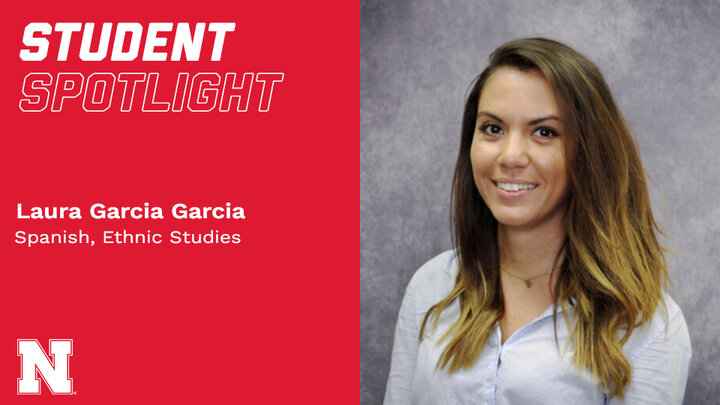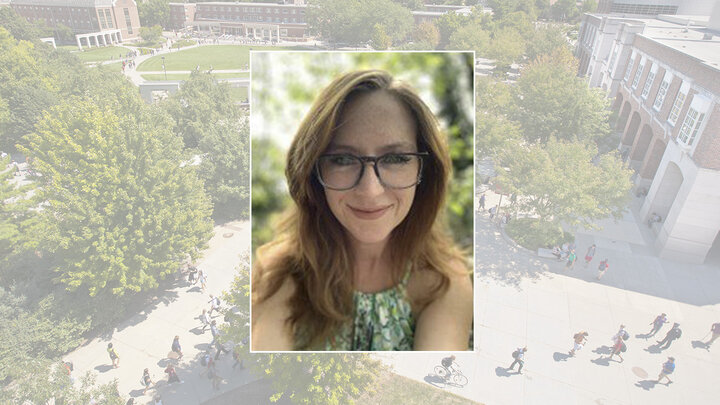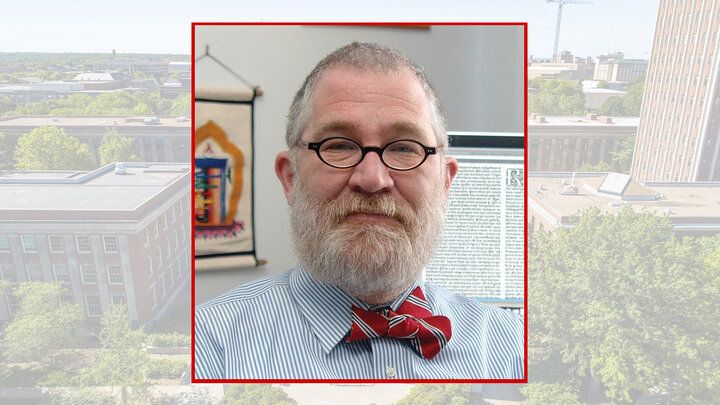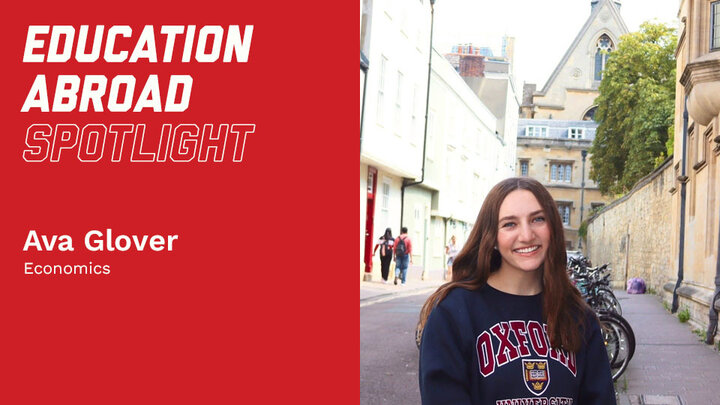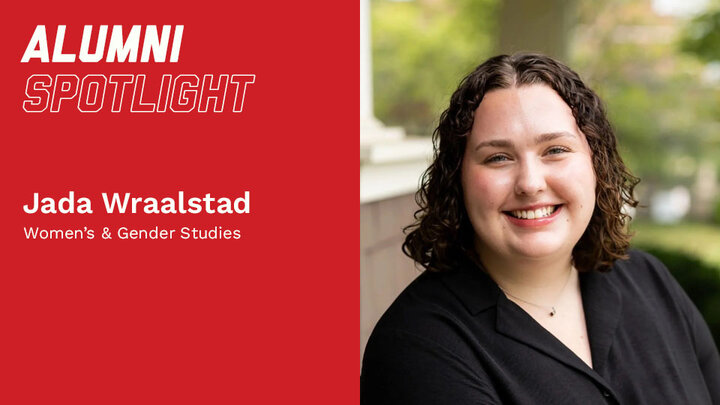PhD student: Spanish and Ethnic Studies
Degrees: MA in Education (Universidad de La Laguna), MA in Modern Languages and
Literatures and Ethnic Studies (UNL)
Hometown: Tenerife, Canary Islands
Why did you select your program?
Modern Languages and Literatures allows me to never disconnect myself from literature. Humanities are in crisis, and I strongly believe that this crisis is intertwined with the global crisis at large. I believe in literature and languages as something that keeps us connected and empathetic towards the rest of the world. I chose this field of study because I believe in its importance, and I decided to combine Spanish with Ethnic Studies because I believe in studying languages, cultures, and race from anti-racist perspectives. My program is important for my profession, both as a language and literature instructor and as a person.
What has been your best experience as a graduate student at Nebraska?
Being a graduate student at Nebraska is an experience as a whole. That's why I can't just single out one aspect, but the whole experience in general. It has been one of the most difficult stages of my life, yet rewarding. From the moment I stepped foot at UNL, I began learning from my mentors, professors, and colleagues. From Carolina Luisa Julio and Marcelo René Gómez in my first years as an MA student, to Daniel Lino Plata, Jordan Charlton, Josefa Samper Suárez, Olatz Sánchez-Txabarri, and Katie Marya, just to name a few colleagues now in the Ph.D. program. The community I have found in DMLL and Ethnic Studies has been fundamental in making my experience a great one.
I started graduate school in Nebraska after already obtaining an MA in Education in Tenerife, my hometown. I already knew the amount of work and effort behind the process, but now I had to add the difficulty of doing this outside of my home and very far from family. I also knew how competitive academia can be. That's why I am grateful for the people and community I found around me in both DMLL and Ethnic Studies. People make places special, and I can't emphasize enough how important they have been in this amazing journey. This is the experience I hope for everyone in grad school, one that they can look back on and remember with those who can also be part of the process.
Who have been some of your strongest mentors or role models here?
Dr. Luis Othoniel Rosa and Dr. Ingrid Robyn have undoubtedly been the strongest mentors and role models during my time at UNL. Their guidance has significantly shaped me both as a scholar and as an individual. I began my graduate journey at UNL in the MA program, and they were a big reason for my decision to continue into the PhD program. Their influence is very noticeable in everything that I do and I’m thankful that I crossed paths with them.
Dr. Lory Dance, Dr. José Eduardo González, Dr. Joy Castro, and Dr. Laura K. Muñoz have also been strong influential figures in my academic journey. I have had the privilege of closely collaborating with them, whether as mentors for teaching or research. Academia is hard, but having mentors and role models who generously share their knowledge and experience makes the journey a little easier.
Do you have research experience?
I have research experience that I gained at different stages of my PhD journey. The most important and remarkable experience is probably the one I conducted during the summer of 2023 in Puerto Rico. Thanks to my advisor, Luis Othoniel Rosa and DMLL with Nora Peterson as the Chair, I was awarded funding to visit Puerto Rico and conduct literary field research. There, I had the opportunity to interview and meet one of the most important living writers in Puerto Rico, Marta Aponte Alsina, whose work is object of study in the last chapter of my dissertation. That summer, I also participated in the Loudreaders Trade School at the University of Puerto Rico in Río Piedras.
My research explores the literary intersections of Caribbean studies and Latin American decolonial theories in archipelagos that have experienced the legacy of imperial rule. I focus on 21st-century literature and critical theory in the Caribbean and the Canary Islands. Participating in the Loudreaders Trade School provided me with a microcosm of the pan-Caribbean experience, engaging with scholars, intellectuals, poets, and activists from different Caribbean islands. It was a multilingual experience that shaped the final chapter of my dissertation.
I was also awarded the Dean Fellowship in 2022, which allowed me to participate in and conduct research at different national and international conferences. I encourage my colleagues to apply for funding to conduct research. Those experiences add so much to the content of a dissertation!
What are your plans once you have earned the degree?
I plan to continue my career in academia, focusing on research and teaching. I just accepted a position at Creighton University as an Assistant Professor, and I couldn't be more excited about it. I'll be joining the faculty at the Department of Modern Languages and Literatures, as well as becoming a member of the Racial and Social Justice Faculty Cohort. I am excited about this new chapter at Creighton University with the opportunity to keep collaborating with the Nebraska community. Language, literature, and teaching are truly a passion and I plan to stay in this field for many years.
